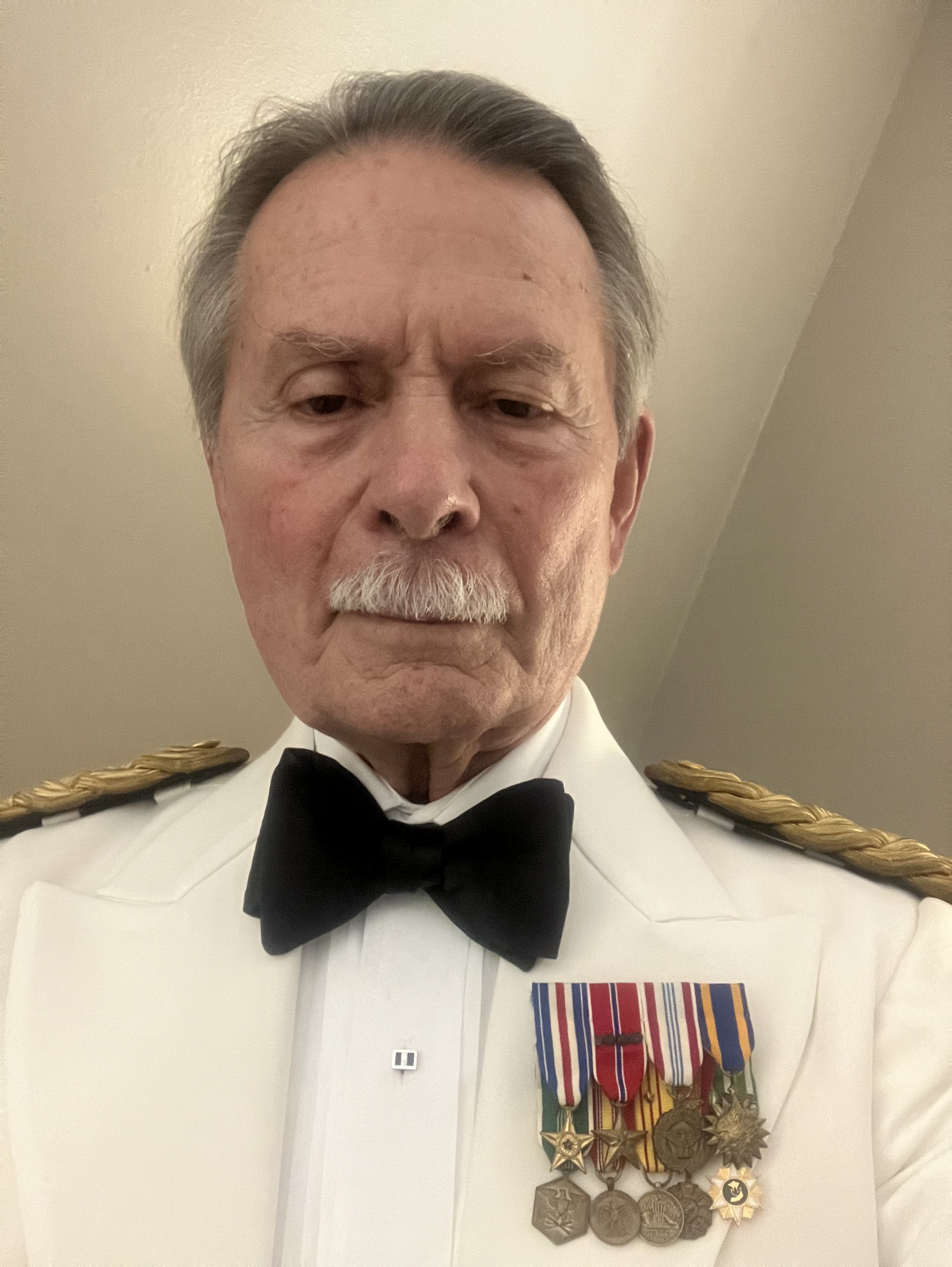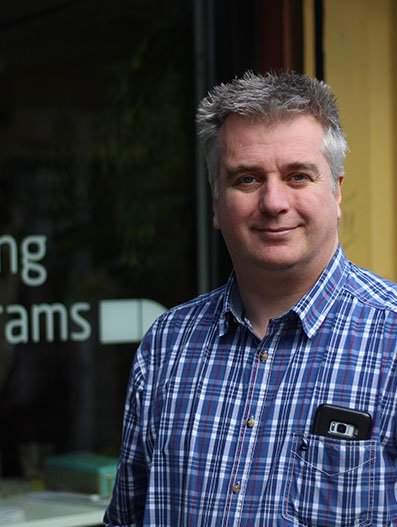Our Team
Francis J. “Frank” O’Rourke
I was born in Massachusetts to a policeman and a homemaker, worked my way thru Northeastern University in Boston and later did the same at The George Washington University Law School in Washington, DC as a U.S. Capitol Policeman in the US Senate after morning classes, the most interesting salaried job I've ever had.
I'm admitted to practice in nine courts of the US and to the Massachusetts bar, having become a Federal practitioner after working as a courtroom law clerk for a US District Court Judge in the Federal District of Maryland, not buried in a law library all day but learning advocacy from some of the finest litigators in the country.
My profession has taken me into many of the fifty American states and the western member states of the E.U., sheparding clients around Brussels and the like. During these years I acquired dual nationality in Ireland and have a European Union passport, which permits me to travel visa free across the member states of the EU and, subject to local rules, to work in them as well. My chapter in a book about the European Community has become a transatlantic education project of The Monnet-Madison Institute, Inc., a not-for-profit corporation I registered in Massachusetts. Its mission statement is on this website at the home page. I've been a director of a half dozen public service organizations in the US including my law school alumni association and have taught constitutional law to law enforcement officers.
An early advisor to MMI about the EU was Émile Noël, who had been Jean Monnet’s deputy at the European Coal and Steel Commission, the first iteration of what we know today as the European Union. Decades later he took me to lunch at a seafood restaurant near his apartment in Paris, where he introduced me to the joy of trout almondine. After Monnet left the ECSC Émile ran Europe for nearly 30 years. He died an untimely death soon after agreeing to become an advisor to MMI and to appear on its letterhead, thus implicitly endorsing the MMI mission in his widely acknowledged role as a co-Founding Father of the European Union.
In his "Memoirs" Monnet wrote of Émile that he was "an outstanding young graduate of the École Normale Supérieure who had proved his worth on the Constitutional Committee of the Community Assembly. His name was Émile Noël. At the Matignon Palace, he was a very valuable link. Since then, with a tenacity as great as his modesty, he has worked untiringly as Secretary-General of the European Commission to make the Community institutions both supple and strong." [Monnet, "Memoirs", page 417; copyright notice by Doubleday & Company, Inc. 1978.]
This 2025-2026 effort is the third iteration of the MMI project. The first was not launched in part because of high level policy maker changes in the US administration but more importantly due to the refusal of a mid-level official of the European Economic Community to fulfill a commitment to release the significant final funds of a grant matching that of the United States Information Agency to plan and organize a series of colloquia between the United States and European Economic Community. He erroneously insisted the EEC had agreed only to fund their costs.
The second MMI iteration was not launched because a subsequent US administration was unsatisfied with the EU's designating the heads of three of its institutions with the title president. The publicly stated reason by the White House and Dept. of State was to raise questions about the EU changing its "architecture", thus creating doubts about who the US president would be meeting during EU/US summits within the EU.
The net effect of these mini-disasters on The Monnet-Madison Institute, Inc. is its decision never again to seek taxpayer-sourced funding but to identify private grant makers. These results have been promising.




